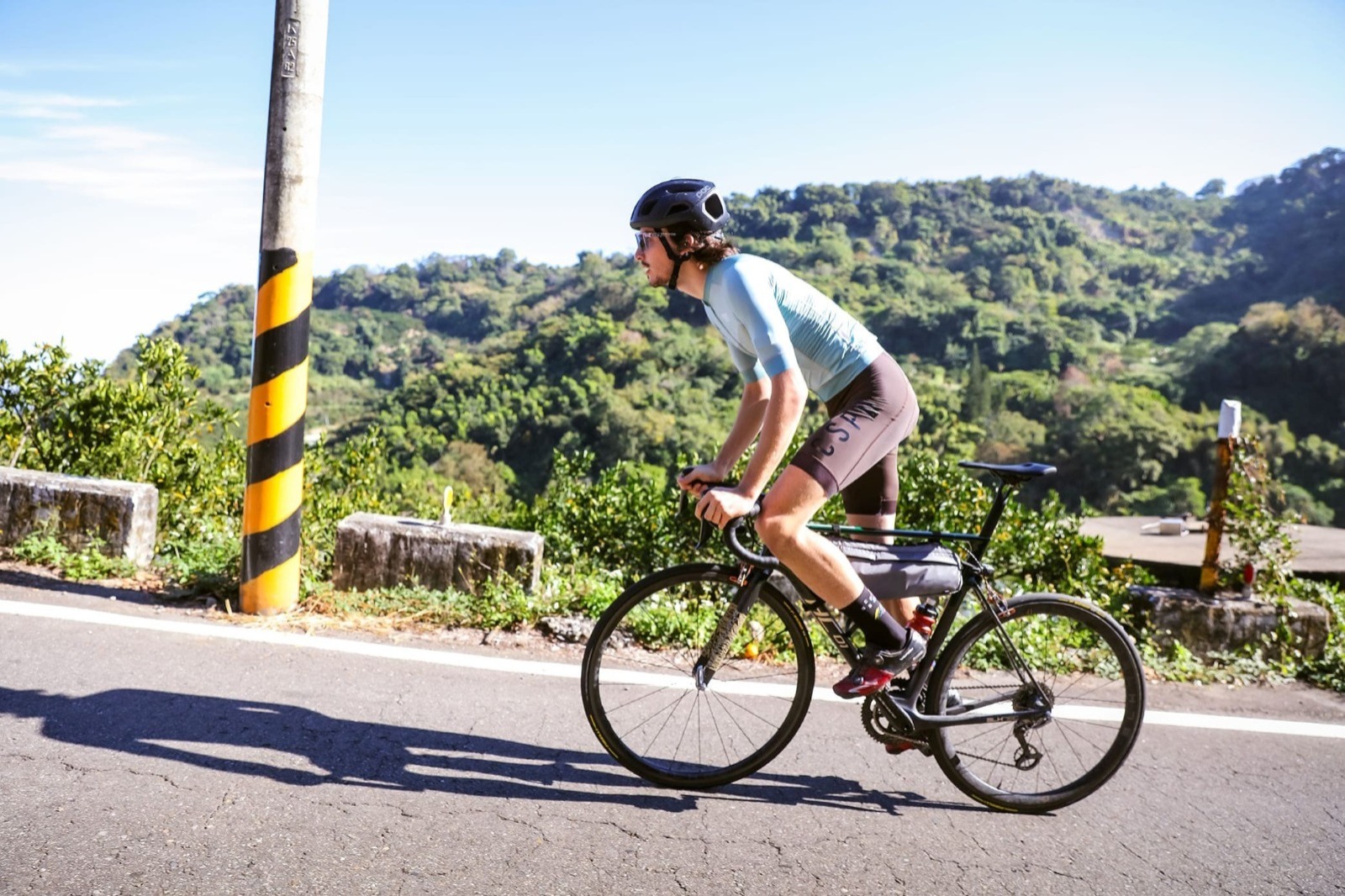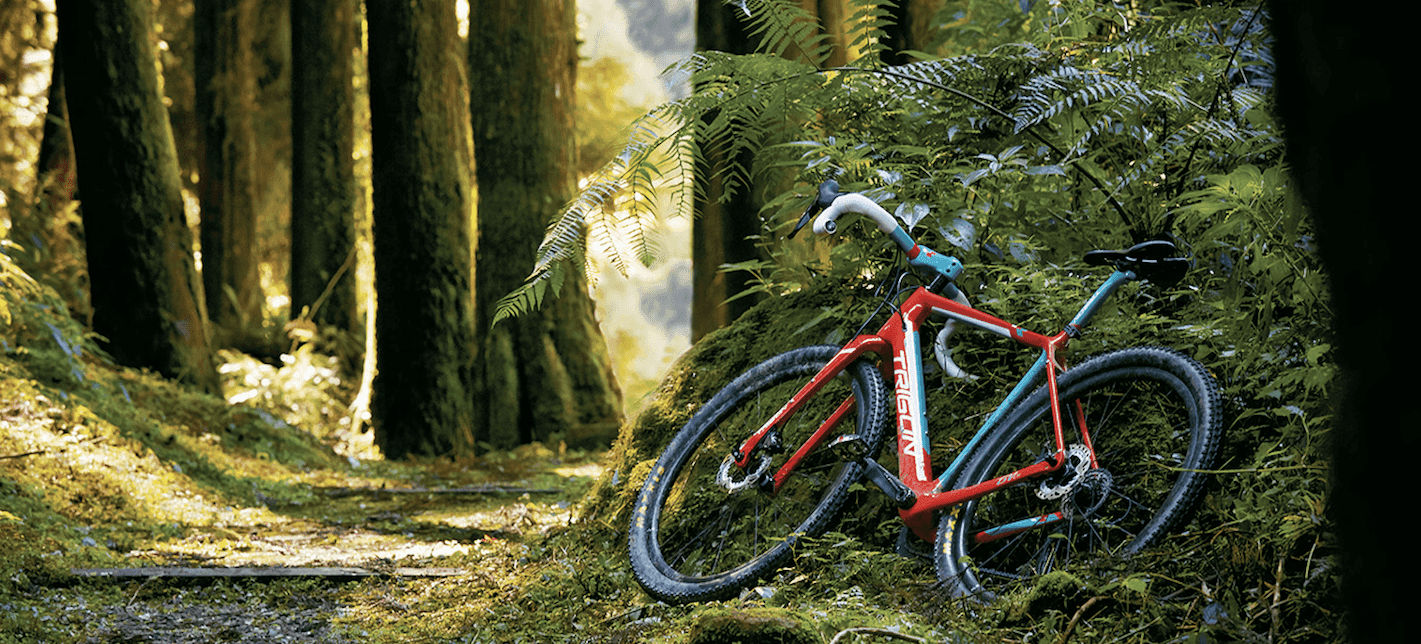The useful skills for hill climbing on a road bike
Learn hill climbing road bikes skill and make you better and bet

Make you faster and smoother.
Hill climbing is one of the hardest challenges facing any cyclist. Whether you’re a seasoned cyclist or have recently started riding for fitness, or even commuting to work, combining the right hill climb bike with the right riding techniques will be essential.
The following guide will answer all of your key questions about hill climbing on a road bike, including but not limited to;
- What hill climb bike is best for your activities?
- How should you position your body while cycling uphill?
- What pedaling and shifting techniques should be used?
- How and when should you brake when hill climbing?
- How else can you prepare your body for road bike climbing?
Grab your helmet and cycling shoes. Let’s go!
Choosing the right road bike

Technically speaking, you could hill climb on any bike. However, choosing the right bike for climbing will improve not only your riding experience, enjoyment, and speed but also feel just right for the task. The TRIGON HC series was engineered from scratch with this sole purpose in mind, make it the most capable, the lightest, and the fastest conqueror of mountains. Tweaked and improved over a few years of development and testing then raced to the conquest of some of the most coveted podiums in hill climb racing on the planet. The HC series will be ready for whatever you can throw at them.
The geometry, carbon layup, stiffness to weight ratio, and general weight distribution of the HC01 have all been engineered with climbing in mind. Recent years have taught us that weight is only part of the package when it comes to creating the fastest climbing bike and that’s why the HC01 features aerodynamically optimized tube shapes and a cable management disposition helping you fight the wind with less effort.
Making a lightweight yet rigid frame comes at a cost: using the finest fibers and making no compromises when it comes to materials. That is why we have picked the highest modulus, TORAY fibers on the market, and used them exclusively to make our frames.
The use of high-end fibers, as well as the specific lay-up, has made the HC01 a pure hill-climbing machine and the numbers are here to back it up. The bottom-bracket stiffness is up 8.49% from our RC series & the chainstay stiffness is up 7.83% whilst dropping the frame weight by 8.4%! By using a wide tube profile with a pebble shape that has proven to be the stiffest in our in-house testing, we have succeeded at maximizing the power transfer so that nothing you put into the pedals goes to waste.
When combined with the bullet-like seat tube, seat post, and dropped seatstay position, it’s no wonder so many competitive riders choose the TRIGON HC series. And it’s accessible to more casual riders too.
Regardless of the bike, hill climbing is also a matter of technique as much as equipment.
Hill climb road biking tips
If you have any experience with cycling uphill, you’ll know that it differs greatly from riding on flat roads. And it’s not just a case of feeling more resistance like you would on an exercise bike either.
Preparing yourself for riding should cover a number of key factors, including but not limited to;
- Body position
- When to pedal
- Utilizing your energy
- Pacing for the distance
- Nutrition and timing of intake
Before heading out, it will be necessary to check your tire pressure while it is also worth checking your planned route to confirm that none of the roads are temporarily closed. Besides, this preparation will help you mentally split the journey into several stages. Keeping bitesized chunks rather than saying “I’m about to climb a mountain” will promote a far better mindset.
As for perfecting your riding technique, the following tips will serve you well.
Pace yourself

When taking on a hill climb, recreationally or in a race, you may be tempted to race through the early stages, particularly if the climb starts as a gentle one. Stop. Pace yourself. If you’ve ever watched a race like the climb stages of the Tour de France, you’ll have seen a lot of riders fade away towards the top of the climb - and these are some of the best athletes in the world!
Going too fast too soon will put you in an anaerobic state, creating an oxygen debt that will leave your muscles fatigued. To avoid this, you can;
01
Use a heart monitor
02
Use a power rate monitor
03
Avoid going 100% at any point
You can additionally build your resistance to fatigue with anaerobic exercises in the gym. However, it’s still advised that you avoid exhausting your muscles prematurely. Conserve energy for when you need it most.
Know when to stand or sit

If you are a first-time uphill rider, you will find that staying seated is the most efficient way to get up the climb. Sitting back on the saddle enables your glutes and thighs to be more solicited during the pedaling phases and since they are the biggest muscles we’ve got, that’s what we want. It will additionally help you remain in the aerobic zone rather than entering the anaerobic zone. It is another reason to choose a bike that has a comfortable seat. That will enable you to sit comfortably and will also improve your power output.
Conversely, standing can engage your body in faster pedaling and greater powers you push down. However, it will put you into an anaerobic phase. When riding from a standing position, choose a higher gear to achieve a lower cadence. A lower gear should be used when seated for better efficiency.
As you become more experienced, learning when to stand and sit will become a crucial skill that helps you establish the right balance between speed and stamina. In turn, your climbing times will significantly improve.
Upper body positioning

If you’ve purchased a bike with a low weight (and ideally a large rear cassette), those steps will help you fight gravity and conserve energy. However, it’s equally crucial that you prevent wasted energy from the upper body so that you can utilize more energy from the legs.
This is one of the most commonly overlooked skills of successful uphill bike riding. To get it right, practice these tips;
- Avoid gripping the handlebars too tightly
- Keep your back straight and hands resting on the bar tops
- Keep shoulders down and relaxed
- Open your ribcage and keep your elbows bent to maximize oxygen intake
Maintaining a relaxed stance for your upper body will promote more comfortable breathing by taking pressure away from the diaphragm and lungs.
Pedal at the right cadence
Generally speaking, your cadence should not vary too much between different stages of the climb. A steady cadence of 65-80rpm is often ideal for beginners while a more experienced user may increase this to 90-95rpm. As with many aspects of riding, you’ll need to listen to your body.
In addition to the right cadence, you should maintain the right stance. Practice keeping your knees and hips in the right position for optimal movement and minimal strain. The last thing any rider wants is to cause overuse injuries out of inadequate positioning.


Riding downhill
What comes up, must come down. Riding downhill may be a lot easier on your glutes and leg muscles, but it still requires great skill and mental concentration to master.
Even the best road bikes will take longer to brake than a car or motorbike traveling at the same speed. Meanwhile, the conditions of the road can make it even harder still. It’s imperative that you avoid riding too fast downhill. Finding a good pace without losing control is vital. Further tips include;
01
Stay seated to promote better stability
02
Pedal less frequently to conserve energy for future climbs
03
Scan the area ahead so that you can adjust gears, etc.
Perfect the downhill parts, and it will make your success on the uphill sections feel even better.
Practice makes perfect
Knowledge is power and the above information will instantly make you more conscious of the skills needed to improve your speed and efficiency on the upcoming hill climbs. Nonetheless, it will take a little trial and error to get used to riding uphill in style.
If you are a rookie, it may be best to focus on perfecting one aspect (body positioning, pedaling, etc.) at a time. A more experienced rider may be able to put them all into practice at once. Either way, if the thought of tackling a mountain before you’ve mastered the necessary techniques is too daunting, you can try;
- Investing in a stationary bike and developing the skills at home
- Experimenting with body positioning and pedaling skills on flat surfaces
- Taking on smaller or gentile climbs at first

Extra advice to enhance your uphill bike climbs
Possessing the right bike and implementing the best uphill riding strategy will make the road ahead far smoother. However, any rider who is eager to gain the very best results from their uphill climbs should also consider another machine - their bodies.
Snap downs, kettlebell exercises, and side planks are just some of the gym-based activities that can boost your strength and agility for uphill cycling. Meanwhile, it’s imperative that you stay hydrated and fuel your body with the right nutrition before hitting the road. A good night’s sleep is always highly beneficial while you must give your body a chance to recuperate too.
Crucially, all cyclists should remember that there are a number of other variables to take into account as they could impact your times. The climate, time of the day, number of other people on the road, and your motivation can all have a big role to play. Until you are fully confident, it is advised that you avoid night riding - even then, you’ll need good light.
The final word
Whether aiming to transform your fitness, mix up your routines, or give yourself a truly testing challenge, uphill bike riding is a great solution. When supported by the best road bike and cycling form, your local climbing records will be shattered.




